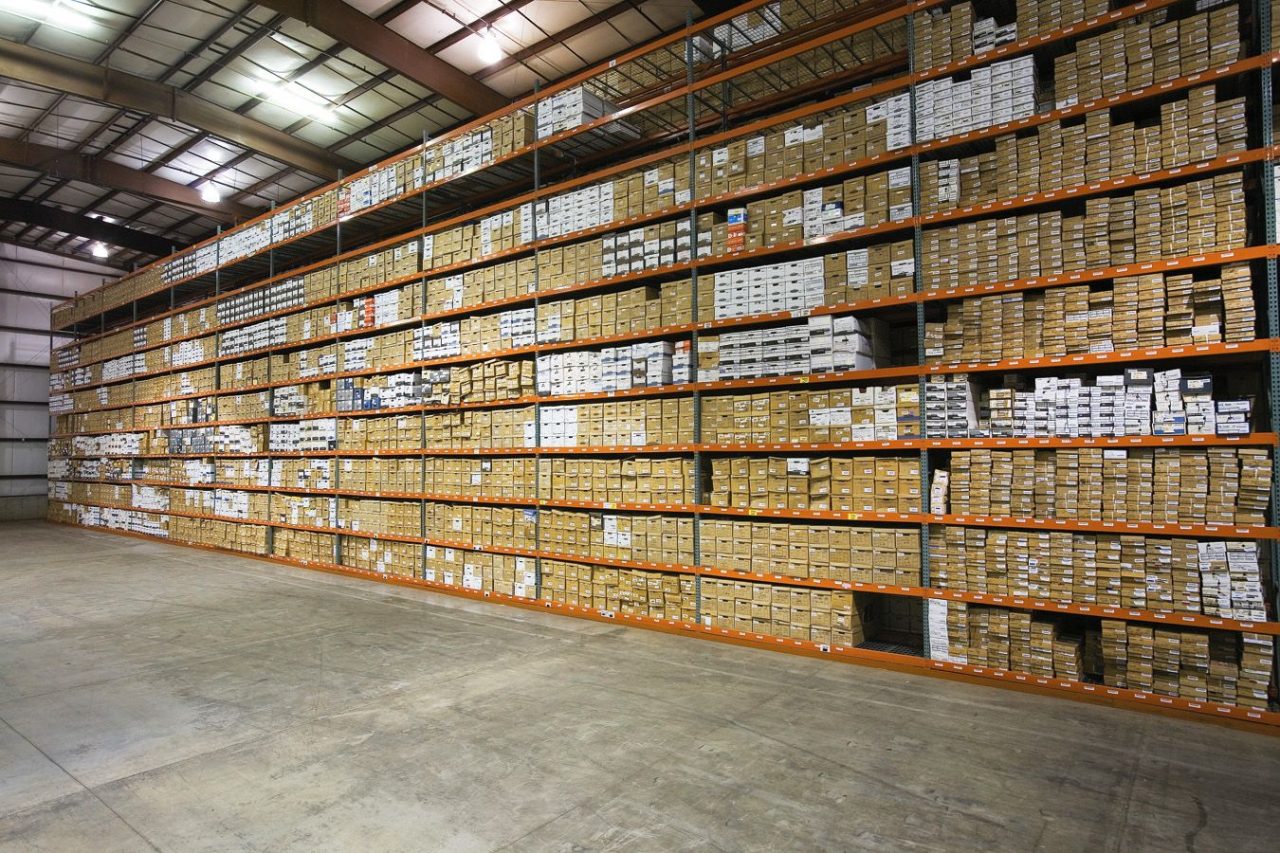How to Comply with HIPAA When Scanning Patient Records
There are several advantages to switching from paper to digital or using a hybrid of the two for your medical business.
- Working with digital charts instead of paper saves so much room and facilitates a more efficient workflow.
- By using digital charts, you can reduce the amount of paper that ends up in landfills.
- The cost of paper is continually rising.
- Physical security must be maintained for paper charts, and they must be destroyed after their retention time is up.
- Paper is simple to lose, which raises the possibility of a HIPAA violation or data breach.
- Paper charts cannot be backed up and are susceptible to damage.
To convert from paper to digital, you must first scan your paper documents and store them electronically. Any new paper files that are added to the system must also be scanned. You must adhere to HIPAA regulations digitally, starting with the scanning procedure, just as you have been doing with regard to your paper data.
DIY Scanning’s Difficulties
You might be tempted to ask internal staff employees to scan your charts, but doing it yourself presents numerous difficulties because you have to follow these rules:
- Consistently educate and retrain workers.
- All of your staff must be aware of HIPAA regulations in order to properly scan and handle patient documents.
- They should be comfortable putting into place the necessary administrative protections, as well as knowledgeable with terminology and criteria for maintaining compliance.
- They must to be knowledgeable on all privacy regulations that have an impact on the HIPAA as well as any changes to state or federal law.
- At every stage of the procedure, medical records must be scanned and stored in a way that preserves confidentiality.
- Put in place a backup plan.
- Having distant backup copies that are distinct from one another is essential whether you store paper, digital files, or a combination of both.
- You need to be able to retrieve your original right away in the event that it is compromised, lost, damaged, or stolen as a result of a ransomware assault so that you can keep working and address the issue concurrently.
- Additionally, PHI must be accessible in exact copies.
- Make digital files secure.
- Documents containing Protected Health Information (PHI) must be encrypted for security reasons according to HIPAA.
- Any electronic PHI (ePHI) file, such as faxes, x-rays, and MRIs, is protected by HIPAA. Before being sent outside of your company, as well as while being kept on internal systems or on external storage media, each of these kinds of records should be encrypted.
- Take into account what needs to be kept and what needs to be scanned.
- Where can you put patient records to keep them safe and secure until they can be scanned if you’re not ready to scan everything but need to free up the valuable space they take up?
In light of all the difficulties, consider the following:
- Do I have employees that are trained to accurately scan and index each file?
- Will the scanning be performed at the proper resolution, file size, and format to ensure that it is readable but not too big to store?
- Who will verify that the files are error-free and that no papers have been missed?
- Can you afford to assign workers to work on a task that is not their core responsibility for countless hours?
- Do you have the funds available to maintain a scanning system that complies with HIPAA regulations?
You probably lack the resources necessary to rapidly and securely scan your medical data since you need to concentrate on running your healthcare facility, managing your personnel, and caring for your patients. Professional file scanning experts have the knowledge to complete the task correctly and assist you in being HIPAA compliant, just as you and your staff are experts at what you do.
Since Infoshred complies with HIPAA regulations, your patient files are kept in strict security. Our employees are knowledgeable and willing to assist. All of your document scanning requirements can be met, and the data that you don’t need right away can be kept in our secure records center. Make use of our Scan On Demand service whenever you require a file or document.
Request an estimate on our website or by calling 860-627-5800 to learn more. Our experts will ask you a few questions to better understand your requirements, after which they will tell you exactly what to expect from start to finish, including the cost.



